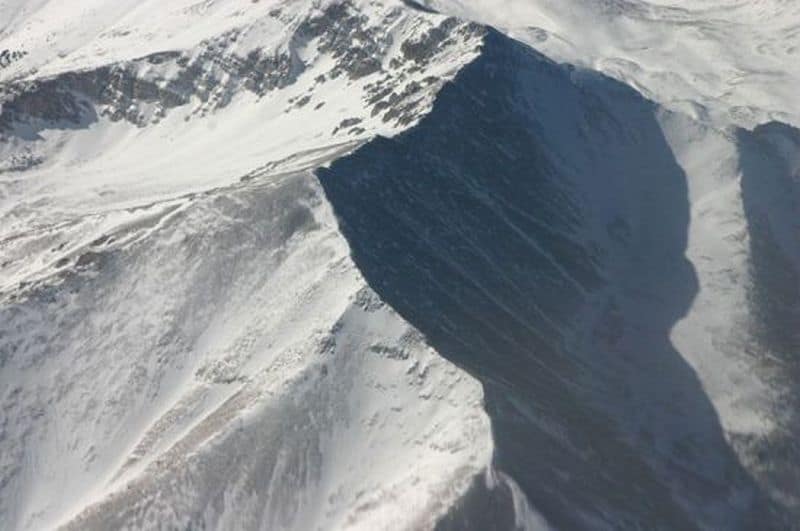The Rocky Mountains offer some of the best tourist spots along the western coast of US, especially for those who find their solace in the lap of nature. It should come as no surprise to anyone that the growing human activity in the region coupled with significant raise in the global temperatures in the last few decades, is causing the snow caps of these mountains to melt at an alarming pace. Considering the fact that 50% of the world’s drinking water comes from the snow caps of mountains and the glaciers that surround them, the present trend might see some very dry years ahead for western US.
About 15,000 researchers have gathered in San Francisco this week to discuss earthquakes, water resources and planetary science. As usual, when any two environmentalists or even environmentally conscious people meet off late, their choice of topic seems to be global warming. Invariably all the conversation starts and ends at that point. It seems the conference also meandered along the same path and Tim Barnett, a researcher at the Scripps Institution of Oceanography in California and speaker at a meeting of the American Geophysical Union speculated that by the year 2040 all of the glaciers and the mountain tops on the west coast of US would go dry.
But this is more than a mere speculation as it is backed by some very substantial and scary facts. Barnett says that his studies have shown him that the region’s snow accumulation decreased an average of 20 percent between 1950 and 1999. This would mean that by the year 2040, all the snow would be gone from the peaks and the surrounding glaciers of the Rocky Mountains range and also the famous Glacier National Park in Montana. Today only 25 of the once 150 glaciers remain in the Glacier National Park and the park is projected to go snow-less by the year 2030. But it could be even sooner as a warming process once started would rapidly increase pace by a cyclic chain of events.
Considering that 50% of the world receives its fresh water from mountains (and take out the Nile in Africa and the Amazon in South America and that percentage may go a lot higher), this is surely not good news. The world needs to take note of the fact that the alarm bells have already started ringing and probably we are already at the point of no return. If we are still waiting and pondering about when to start altering our lifestyle so that we can save the planet, then there might be no life on the planet for us to alter!


